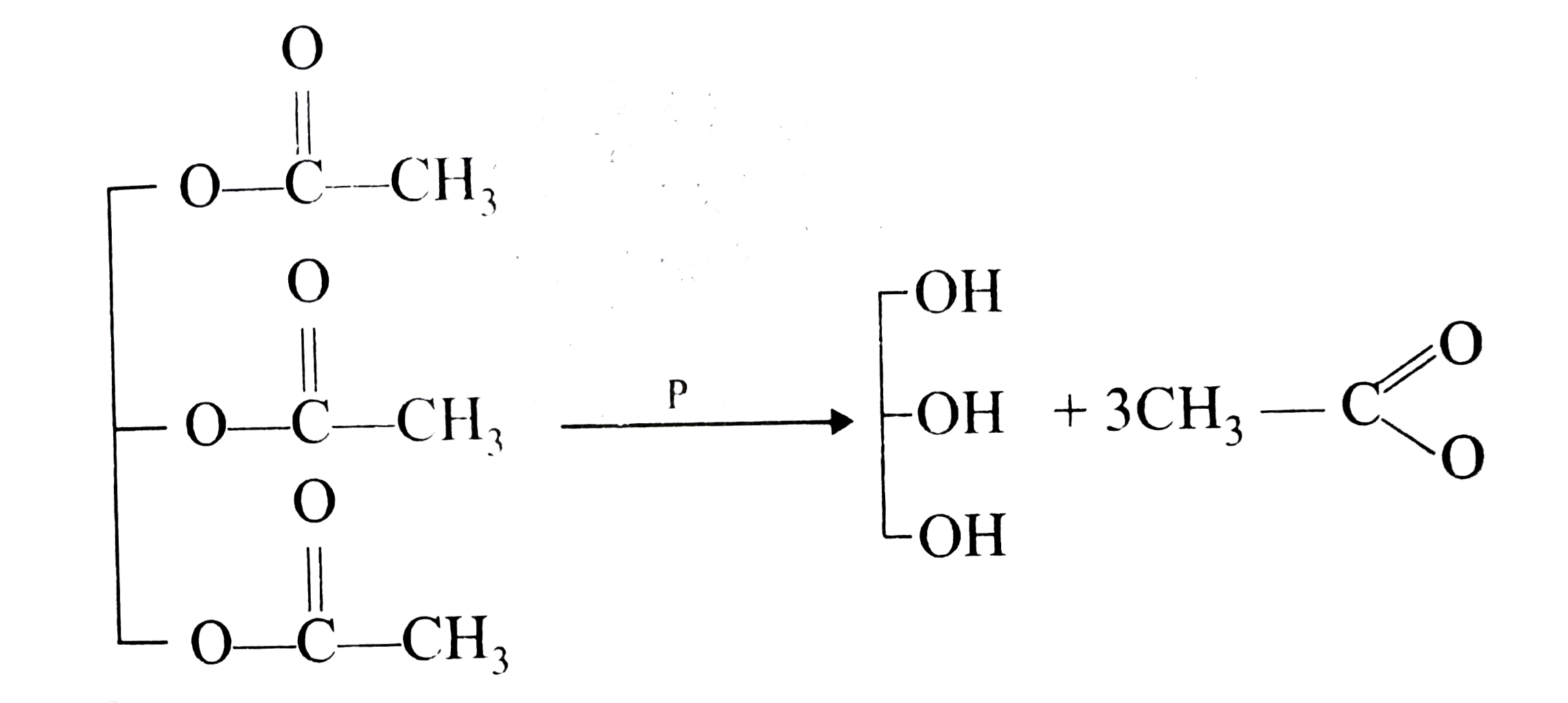Limiting reagent in a chemical reaction is that reactant which
Left some amount unreacted after the completion of reaction
Reacts completely in the reaction
Does not react in the reaction
All of these
The correct Answer is:B
To determine the limiting reagent in a chemical reaction, we need to understand the definition and characteristics of a limiting reagent. Here’s a step-by-step solution to the question:
Step 1: Understand the Concept of Limiting Reagent
The limiting reagent in a chemical reaction is the reactant that is completely consumed when the reaction goes to completion. This means that once this reactant is used up, the reaction cannot proceed any further, even if other reactants are still available.
Step 2: Analyze the Statements
We need to evaluate the given statements to identify which one correctly describes the limiting reagent.
1. Statement 1: "Leaves some amount unreacted after the completion of reaction."
- This statement is incorrect because the limiting reagent is fully consumed.
2. Statement 2: "Reacts completely in a reaction."
- This statement is correct because the limiting reagent is the one that gets completely used up.
3. Statement 3: "Does not react in the reaction."
- This statement is incorrect because the limiting reagent is involved in the reaction until it is fully consumed.
4. Statement 4: "All of these."
- This statement is incorrect since not all the previous statements are true.
Step 3: Identify the Correct Option
Based on the analysis, the correct statement about the limiting reagent is:
- Correct Option: "Reacts completely in a reaction."
Conclusion
The limiting reagent in a chemical reaction is the reactant that is completely consumed when the reaction is completed.
---
The limiting reagent in a chemical reaction is the reactant that is completely consumed when the reaction goes to completion. This means that once this reactant is used up, the reaction cannot proceed any further, even if other reactants are still available.
We need to evaluate the given statements to identify which one correctly describes the limiting reagent.
- This statement is incorrect because the limiting reagent is fully consumed.
- This statement is correct because the limiting reagent is the one that gets completely used up.
- This statement is incorrect because the limiting reagent is involved in the reaction until it is fully consumed.
- This statement is incorrect since not all the previous statements are true.
Based on the analysis, the correct statement about the limiting reagent is:
- Correct Option: "Reacts completely in a reaction."
The limiting reagent in a chemical reaction is the reactant that is completely consumed when the reaction is completed.
Topper's Solved these Questions
- SOME BASIC CONCEPT OF CHEMISTRYBOOK - AAKASH INSTITUTE ENGLISHCHAPTER - SOME BASIC CONCEPT OF CHEMISTRYEXERCISE - ASSIGNMENT( SECTION - A) Objective Type Questions
20 Videos
- SOME BASIC CONCEPT OF CHEMISTRYBOOK - AAKASH INSTITUTE ENGLISHCHAPTER - SOME BASIC CONCEPT OF CHEMISTRYEXERCISE - ASSIGNMENT( SECTION - B) Objective Type Questions
22 Videos
- SOME BASIC CONCEPT OF CHEMISTRYBOOK - AAKASH INSTITUTE ENGLISHCHAPTER - SOME BASIC CONCEPT OF CHEMISTRYEXERCISE - TRY YOURSELF
30 Videos
- SOLUTIONSBOOK - AAKASH INSTITUTE ENGLISHCHAPTER - SOLUTIONSEXERCISE - ASSIGMENT (SECTION-J) AAKASH CHALLENGERS QUESTIONS
10 Videos
- SOME BASIC CONCEPTS OF CHEMISTRY BOOK - AAKASH INSTITUTE ENGLISHCHAPTER - SOME BASIC CONCEPTS OF CHEMISTRY EXERCISE - ASSIGNMENT SECTION J (Aakash Challenges Questions)
10 Videos
Similar Questions
Knowledge Check
 , Reactant (A) in this reaction is :A
, Reactant (A) in this reaction is :A B
B C
C Dboth (b) and ©
Dboth (b) and © reagent are used for the reaction :ALiAlH4BH2/NiCNaBH4DH2,Pd−BaSO4
reagent are used for the reaction :ALiAlH4BH2/NiCNaBH4DH2,Pd−BaSO4
Reactant A of the above reaction is :ACH3−O∣∣C−CH3BCOCl2CCH3−Ooveset(∣∣)C−ClDCH−3−O∣∣C−OEx
In a chemical reaction, what happens to the reactant which is taken in excess?
View SolutionHow much magnesium sulphide can be obtained from 2.00g of Mg and 2.00g of S by the reaction.
Mg+S→MgS. Which is the limiting reagent? Calculate the amount of one of the reactants which remains unreacted?
View SolutionWhich of the following pairs of a chemical reaction is certain to result in a spontaneous reaction ?
View SolutionThe reactant (A) is the reaction is :
 .
.
View SolutionIn a reaction container, 100g of hydrogen and 100 g of Cl2 are mixed for the formation of HCl gas. What is the limiting reagent and how much HCl is formed in the reaction ?
View Solution

